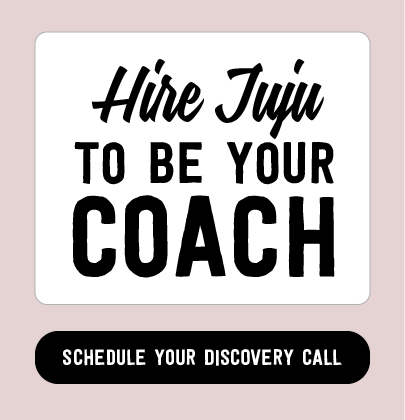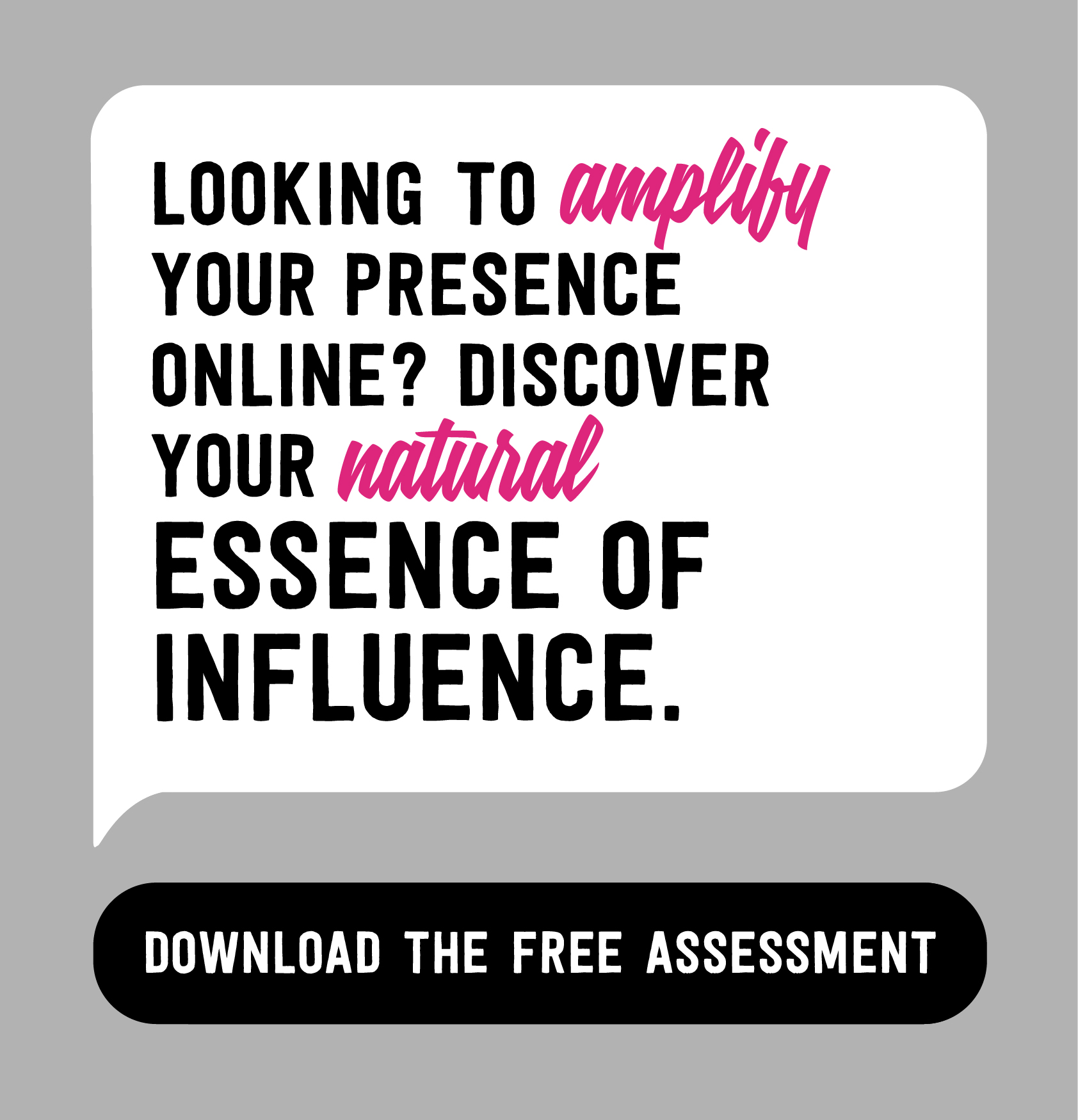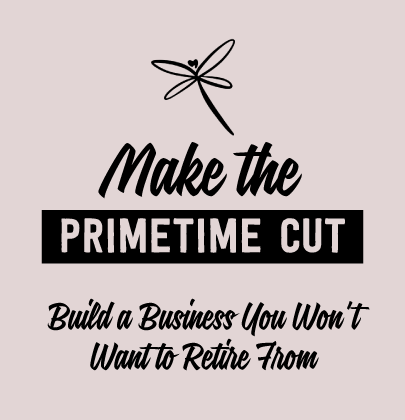Last week, I had a friend come to me for advice. She said:
“I’m going to pull my sister aside and tell her what I think about her new boyfriend. He’s not good enough for her. She’s settling. She needs to get out now, before it gets serious and she resigns herself to this kind of relationship forever. How do you think I should say it?”
I responded with my own question:
“Is your sister incapacitated?”
There was a bit of an uncomfortable silence before she asked, “What do you mean?”
“I mean,” I replied, “was there a Britney-Spears-type incident where your sister was deemed by a judge to be incapable of making rational decisions for herself, and you were assigned to step in?”
“Of course not!” She spat back, defensively. “But I love her. And I just want what’s best for her. And she can’t see the forest for the trees right now.”
“If you love her,” I replied, “you won’t tell her what’s best for her. You won’t give her any unsolicited advice at all. Instead, you’ll demonstrate that you trust and believe in her intuition and her ability to make great choices for herself. And you’ll support her in whatever decision she makes. And if that decision leads to a mess for her, you’ll support her while she cleans it up, without ridicule or critical commentary. Because that’s what love actually looks like.”
Last week I shared the first installment of From Vancouver with Love: Love Is a Practice. I talked about what’s driving nearly all of my big life choices and actions at the moment (spending the Endless Summer with my beloved, Jan), and about how I decided at some point in my life to become love.
I wrote this series–on a trip to Vancouver–because I get asked about love and relationships more than any other PrimeTime topic. Because everything ties back to love.
And because love is not something you find, get, receive, or give… it is something you become.
(And if you follow me for branding advice, know that as you build a personal brand and seek visibility, it’s imperative that you see, accept, and love yourself. And self-love, my beautiful friend, is inextricably tied to how you love others and how you live in love. So becoming love IS branding.)
But before you read ahead, you must know that you will not become love until you come to accept a single, fundamental truth:
You can only control or shape your own actions and intentions.
JUST. YOURS.
If you want to become love—and thereby live in love and reap the benefits of beautiful, healthy loving relationships—you must focus ONLY on yourself. Because attempting to affect the behavior of another is fruitless—and any outcomes you are anticipating as a result of a change in someone else’s behavior are utter fantasy.
If you can live with the idea that becoming love is something you first do alone so you can then rock your relationships with others, and you’d like the skinny on how to do that, then read on. Because the things I’m about to tell you are absolute game-changers.
First, love grows in safe spaces.
I want to say that again because it is the foundation of every other principle I will discuss:
Love grows in safe spaces.
If you make it safe for the people in your life to show themselves completely—to act or speak with the full knowledge that you will offer non-judgmental support—you will consistently facilitate a process of expansion. Your love can grow. Your relationships can become love.
But if you do the opposite—if you respond to their words or deeds with critical feedback, condescension, unwanted advice, disdain, flowing negative commentary, or even worse, indifference—you will make it unsafe for them. Or, if you later use the information they share against them (or throw in back in their faces when it’s convenient for you to prove a point) you will make it unsafe for them. And love cannot grow in an unsafe space. Your relationships cannot become love.
This first step in becoming love is so simple it almost sounds stupid:
Stop telling other people what to do.
This applies to your partner, for sure. But it also applies to your friends, family members, adult children, neighbors, the other moms on the PTA, and the lady in front of you in line at the grocery store. This may be harsh—but I’m gonna give it to you straight—if you find yourself consistently telling other people what to do (or thinking to yourself about what they should do, or gossiping to someone else about what they should do) then you, my friend, are the problem.
Unsolicited advice is a love-killer.
It’s the world’s biggest turn-off. It does not lead to expansion…it leads to people closing themselves off, shutting you out, and walking away.
Now, look. I know this is not easy. And I know because, for many years, I was a bossy-ass-mo-fo. And it kept me from being love. It kept me in a place of judgy self-importance and constant disappointment. It separated me from the love I so desperately wanted.
Kicking the unsolicited-advice-habit to the curb gets infinitely easier when you face the truth: telling other people what to do (or how to do it) will never get you what you want.
This is not advice for raising toddlers. I’m talking about love relationships with grown-ass humans, here. And the single best thing about being a grown-up is not having other people tell you what to do. So unless you are also your partner’s direct supervisor in an assembly line job, or unless he or she specifically asks you for advice, it is not your place to offer direction.
You may truly, firmly believe that you know better than your partner, your friend, or your adult child how he or she should slay the day, accomplish goals, raise kids, complete home chores, dress her/himself, or conduct a discussion.
But when you tell another adult what to do or how to do it, you send an enormous message of disrespect. Because every piece of unsolicited advice is loaded with a hidden message:
“In my opinion, you are not qualified to make your own decisions.”
Or, worse yet, “I am smarter and more competent than you. This is not a partnership because we are not equal.”
And where becoming love is concerned, that kind of hidden message is a hard no.
Practicing this first step to becoming love is easier if you take time to understand a super basic concept: you were given a single life to lead. And every grown human you meet was also given a single life to lead. So if you are leading yours, and you’re ALSO leading theirs…
Well, I trust you can see where I’m going with this.
I talk to women who live by the enduring belief that if they stop telling everyone what to do, their lives will devolve into utter chaos. That they are the glue that’s holding everyone and everything together. These women live in a perpetual state of fantasy that is the opposite of love.
If you believe that things will fall apart if others do not bend to your will, I lovingly invite you to practice the first step in becoming love:
Stop telling other people what to do.
At this point you may be thinking, Juju, if I cannot tell people what to do–if I cannot provide feedback, advice, commentary, seemingly-helpful instruction, or what feels like rational evaluation—in order to grow love, what can I do?
And luckily, the answer is simple.
You can simply be quiet. Say nothing. Sing Bohemian Rhapsody in your mind or recite the Pledge of Allegiance silently when the urge to interject strikes.
Or, when your beloved (your partner, friend, adult child…) shares with you, ask them specific questions that make them feel safe and allow you to practice becoming love. Questions like this:
**Is there something I can do for you?
**Are you asking me for my opinion? Or would you simply like to vent?
**How can I help you?
**How can I best be here for you?
**How can I have your back?
Or, you can provide statements that demonstrate support and trust, without condition:
**You’ve got this.
**Trust your gut. Your intuition is strong.
**I’ll be here for you, whatever you decide.
**I’m Team (their name).
**I love you so much.
**Thank you for trusting me enough to share this with me.
When you ask these questions or make these statements, you HONOR and RESPECT the person in front of you. You make it safe for them. And love grows in safe spaces.
Remember this: awareness is the first and most significant step in any type of change. So if you’re working to become love, for the next 24 hours shift your focus to this issue. Become laser-focused on your words, deeds, and thoughts—and see how often unsolicited advice makes its way into your conversations.
And if this speaks to you, then kindly watch your inbox. Tomorrow, I’m going to share STEP 2 for becoming love.
With love, from Vancouver,
Juju
P.S. If you’re working on love in PrimeTime and want to work with me directly, click here to see what other women say about the process, and schedule a Discovery Call. Becoming love is a process. And when someone has your back, you can go further, faster, with greater confidence. And I’d love to have your back.













